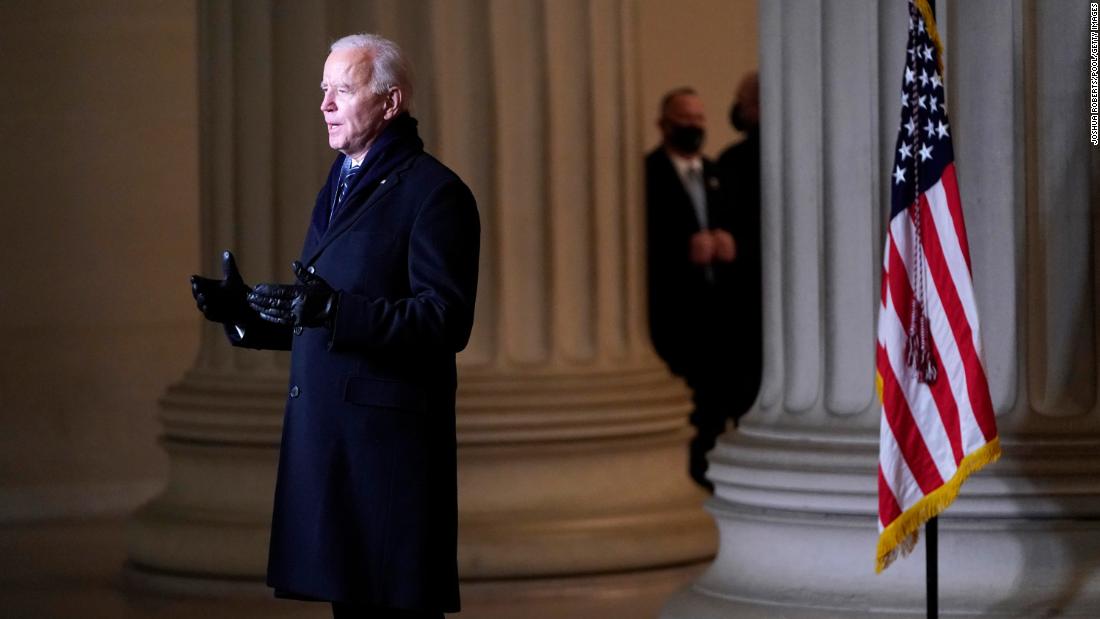“We will not see a strong economic recovery until we have wide distribution of the vaccine,” said Kristina Hooper, global chief strategist at Invesco.
Risk of ‘downtime’
The timing is critical because Americans’ health restrictions and voluntary measures are crushing virus-sensitive parts of the economy, especially the service sector.
Millions of people whose jobs depended on restaurants, bars, hairdressers, laundries, cinemas, cruises, hotels and countless other industries are unemployed. The Back-to-Normal index, prepared by CNN Business and Moody’s Analytics, shows that the United States economy is operating at just 81% of where it was at the beginning of March.
“The next step in the recovery should be driven by the service sector. Without it, we will stagnate,” said Aneta Markowska, chief economist at Jefferies. “You cannot reopen the service sector without leaving the pandemic behind.”
‘The vaccine has to get here’
George Harman, a Winchester, Virginia, father of two, has cut spending dramatically since he took an unpaid leave of absence from a car dealership in early December. Harman stopped working because he feared that his elderly parents who lived with him would be sick.
“I could physically go to work, but is it worth dying or infecting someone in my home?” said Harman, who has a history of heart disease.
Like countless other Americans, Harman is not qualified for unemployment and is short on cash.
“The vaccine has to get here,” he said. “If I can vaccinate my parents, I can take chances at that point. But I can’t go to a place that I know has a widespread spread of the virus and then take it home.”
Harman expects Congress to act – before he runs out of money.
“We don’t like to be in debt with trillions and trillions, but you are facing a situation that occurs once in a hundred years. You have to do what is necessary,” he said.
Wall Street is unfazed for now
While some economists and Republicans are concerned about the size of Biden’s proposal, Hassett, Trump’s former economist, told CNN Business that he broadly supports the $ 1.9 trillion package.
Markowska, Jefferies’ economist, said the rescue effort will help, but it will not solve the underlying problem.
“We drive recovery as much as we can without the service sector. Without it, we simply cannot progress – regardless of how much fiscal stimulus we apply there,” she said.
That’s because markets are being fueled by the Federal Reserve’s emergency policies, which force investors to bet on stocks. And investors are optimistic that the economy and corporate profits will recover fully, eventually.
“I don’t think it’s important for the markets,” said Invesco’s Hooper, “but it’s definitely important for the economy.”
